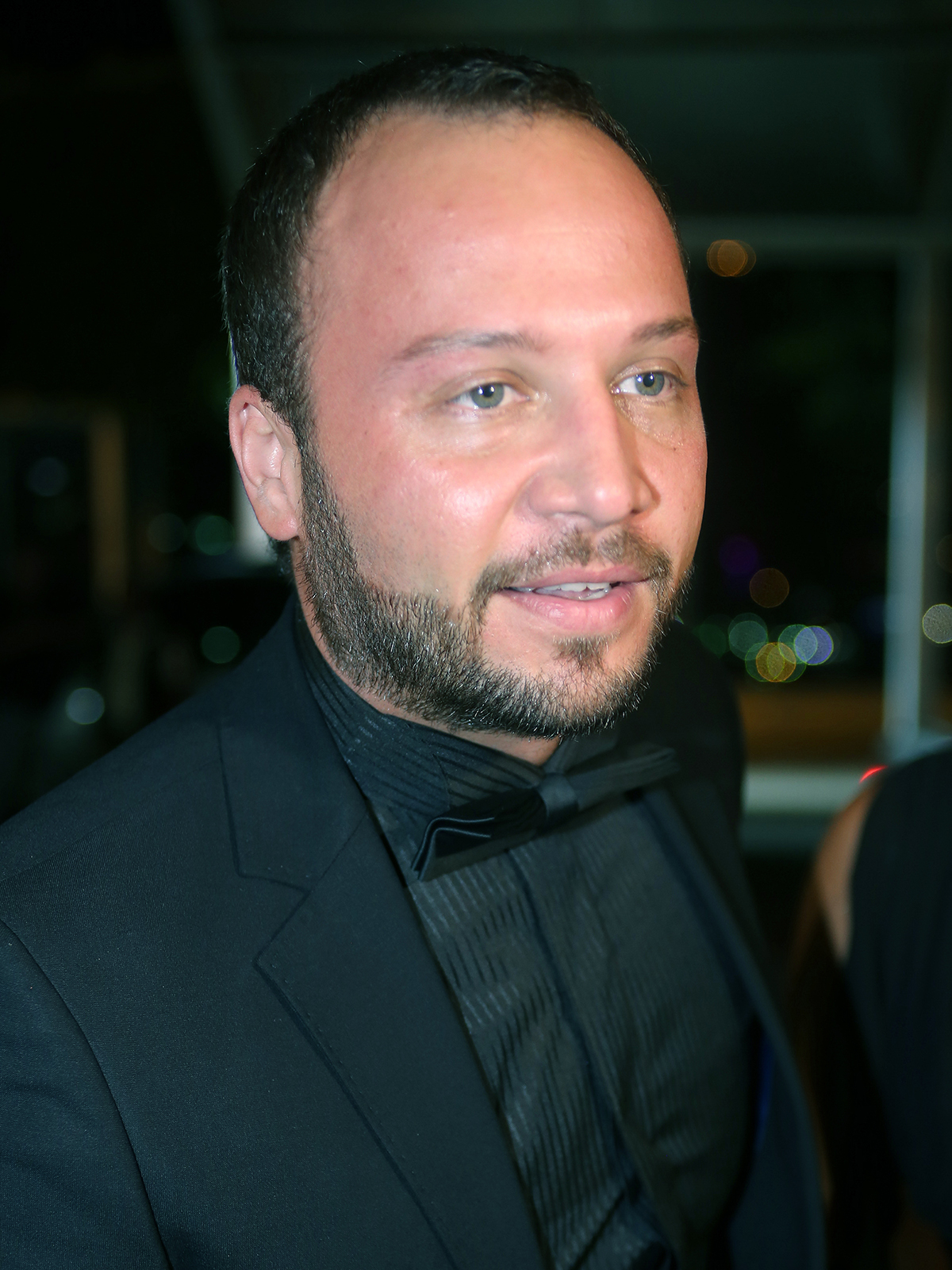
- Industry
Global Star Profiles: Maxim Khalil
In September, a sophisticated Arabic series debuted on Netflix. The Platform made big waves across the Arab world, not only because it was widely seen on the streaming platform, but because it debuted outside of the peak viewing period of Ramadan, something big-budget productions never do. According to the newspaper Gulf News, the 12-episode first season became Netflix’s most popular Arabic series, featuring a cast of Arab actors, among them Maxim Khalil, a superstar in his home country of Syria. (Dean Cain of the Superman television series is also featured.)
The story is about a young Arab (Khalil) who goes to the US to set up a website to expose international terrorist networks. He does this after he turns in his father, a member of the Muslim Brotherhood, who was planning a terrorist attack on a school bus in Damascus, to the authorities. He is forced to return home after his father’s release from prison only to suspect that his father was responsible for the death of his mother. He is then scouted by a man on a mysterious high-tech mission and his life is upended in ways he never foresaw.
A second season is already in the works.
The star of the show, Khalil, one of the best-known actors in the Arab world, started his acting career in an unusual way. He was one of the few professional male ballet dancers in Syria. Following a stint as a basketball player, he flirted with directing, then started getting small roles in television shows. He started his career in 1998 in television series like Onshudat Al Matar (The Rain Chant), Al Bahth an Salah Aldin (Searching for Salah El Din), and Al Taghriba Al Falasteeneya (The Palestinian Estrangement). He also worked in the Egyptian television series Al Shak (Doubt). He then landed a role in the long-running satiric series Maraya in 2000 and his career as an actor was established.
One of the roles he is best known for is in a series called Al-Taghreba al-Falasteny (The Palestinian Alienation), produced in 2004 and set in Palestine, dealing with the suffering of a Palestinian family at the time of the British occupation of Palestine. Another from 2009, Zaman Al’ar (Honor Shaming) deals with the middle-class concepts of family honor and public shaming, specifically to do with women and virginity.
mso-color-alt:windowtext’>He went on to star in more than 70 television shows, including in the Emmy-winning Al-Ijtiyah (The Invasion), the first show to win an international Emmy for a telenovela. He won the Adounia Award as the Best Arab Actor for a Supporting Role in the television show Zaman el-Aar series in 2009 and was awarded the Best Arab Actor award at the 2012 Murex D’or Festival, which he dedicated to the martyrs of Syria.In 2011, Khalil was forced to flee Syria following death threats after he announced his support of the Syrian Revolution against the Bashar al-Assad government by participating in peaceful demonstrations and speaking out against the regime. Those who opposed al-Assad’s thuggery were persecuted with violence, and an armed conflict continues to this day between al-Assad’s Ba’athist party and various domestic forces and foreign forces, including the US. Human rights violations and massacres have led to a major refugee crisis.
Khalil’s name appeared on wanted lists of the Political Security Directorate, an arm of Syrian intelligence that tracks political dissent on media outlets and runs detention centers for dissidents. The General Intelligence Directorate, another state-run agency, also had him and his family on their watch list, accusing him of fomenting division in Syria. In 2016, arrest warrants were issued for him and his wife. He was banned from appearing on Syrian television along with several other artists who spoke out against the al-Assad regime in 2014.
What remains on Syrian television now are shows that are essentially government propaganda
mso-color-alt:windowtext’>Khalil now lives in France and has continued working in pan-Arab shows, building his career in Egypt, Lebanon and the UAE. He continues to speak out against al-Assad’s regime.